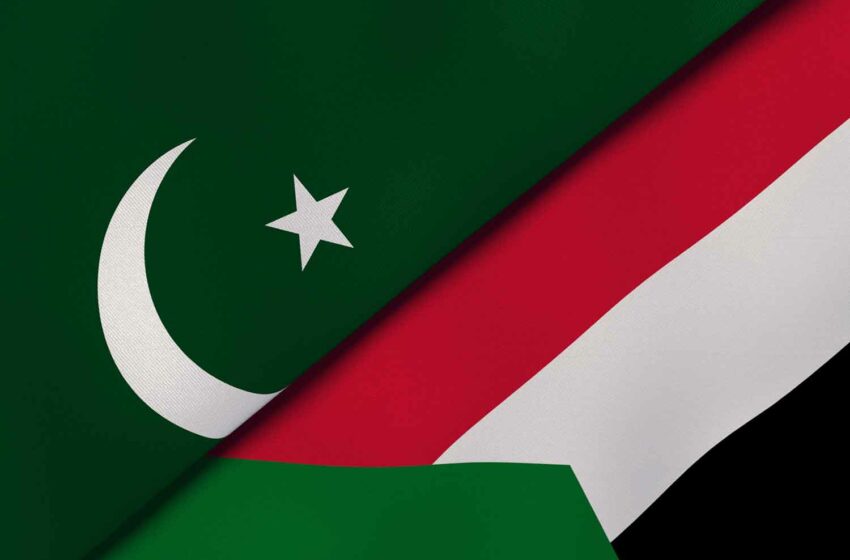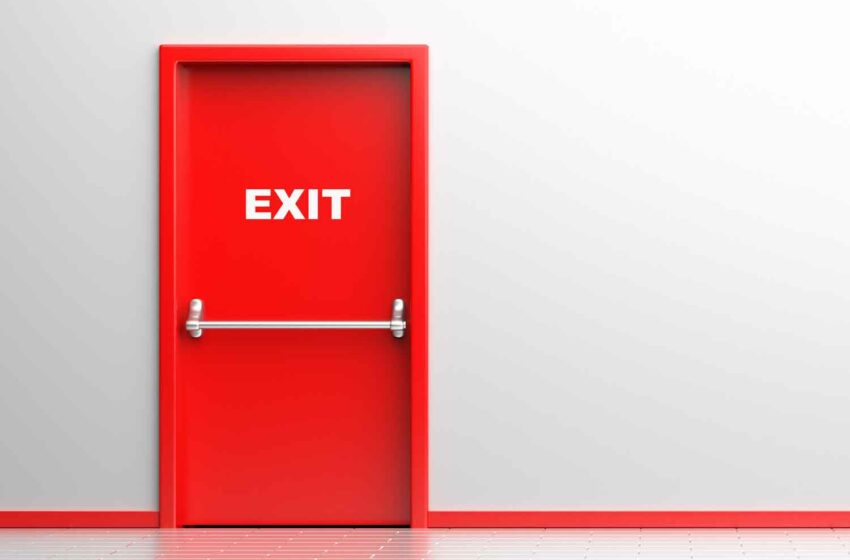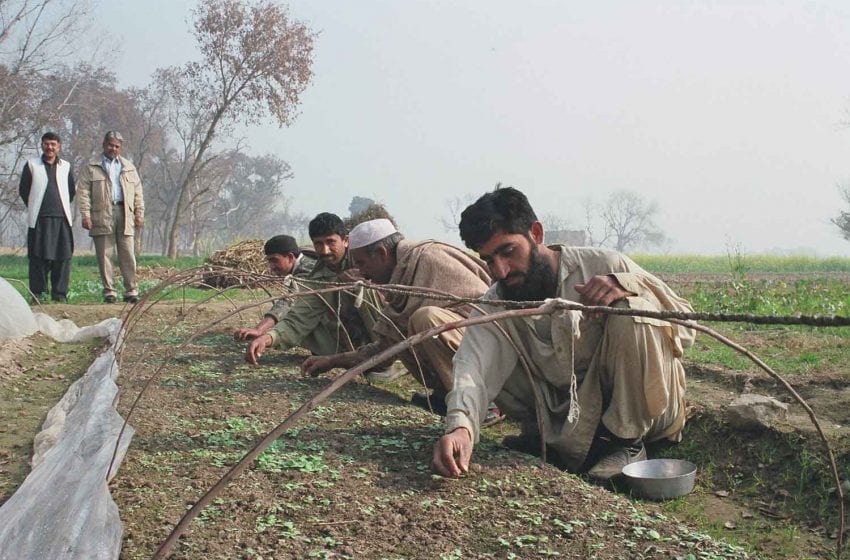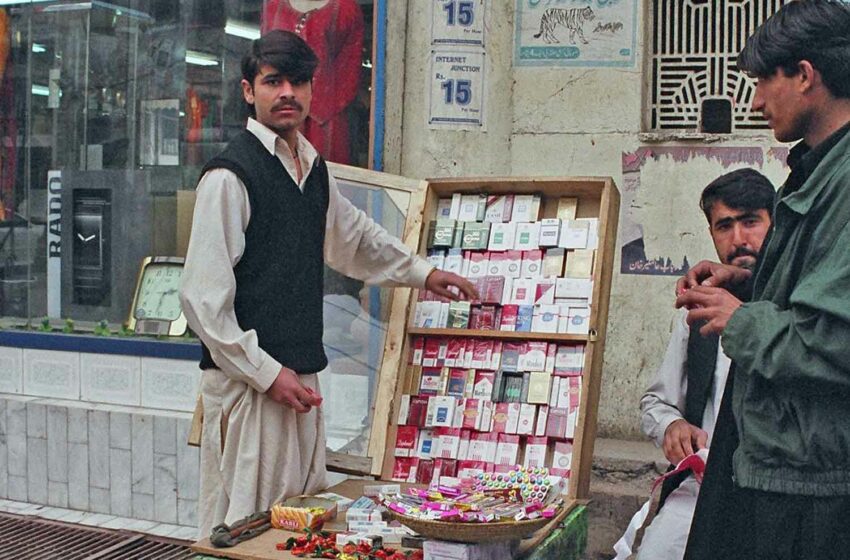Sudan has started exploring other suppliers as PTC awaits OK to export small packs.Read More
Tags :Pakistan
Pakistan’s decision to maintain rates is a missed opportunity for treasury and public health. Read More
Cigs destined for export must comply with the same rules as for domestic consumption. Read More
The move will make life more difficult for Pakistan’s informal sector, say market leaders. Read More
A domestic ban on 10-stick packs is blocking an order from Sudan, which allows the format.Read More
Pakistan will miss more than $1 billion in tax earnings this year, according to Lahore University.Read More
Further tax hikes will make the firm's local business unviable, Prime Minister Sharif is told.Read More
Pakistan has illegally set a lower minimum price than last year, says farmer group. Read More
Cigarette sales in Pakistan dropped 18 percent following a price hike, finds a recent survey.Read More
Even so, the illegal sales still account for 23.1 percent of the Pakistan’s total cigarette trade.Read More









